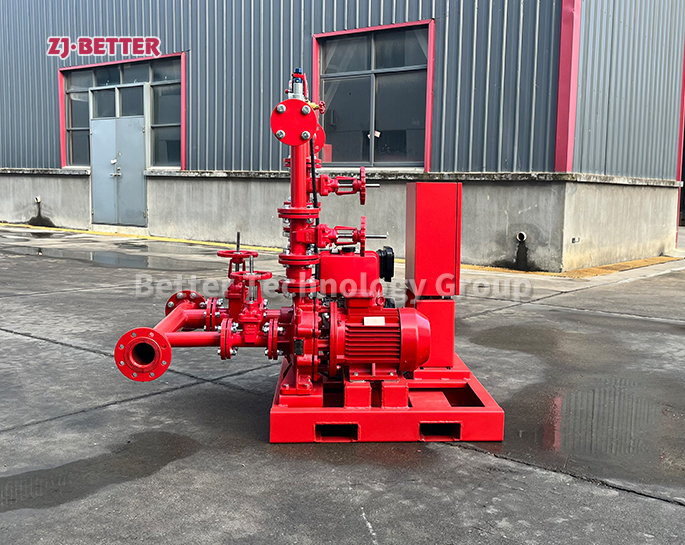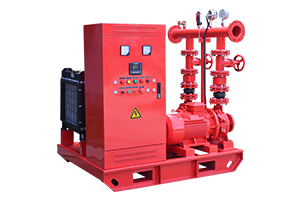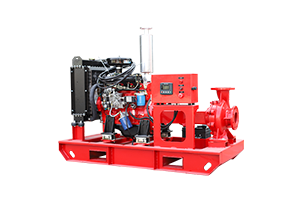Why Fire Pumps Need Proper Ventilation?
Introduction
Fire pumps are the backbone of fire protection systems, designed to deliver high-pressure water during emergencies. While their reliability and performance are key considerations, one often-overlooked aspect is the role of proper ventilation in maintaining their functionality and longevity. This article explores why fire pumps need adequate ventilation and the potential risks of neglecting this essential requirement.

1. Preventing Overheating
Fire pumps, especially diesel engine-driven models, generate significant heat during operation. Without proper ventilation, heat buildup can lead to:
- Reduced efficiency
- Component failure
- Shortened equipment lifespan
Adequate airflow dissipates heat, keeping the pump within safe operational temperatures.
2. Ensuring Compliance with Standards
Industry standards like NFPA 20 emphasize the need for ventilation in fire pump rooms. Proper ventilation ensures compliance, reducing liability risks while safeguarding the safety and functionality of your fire protection system.
3. Maintaining Optimal Air Quality
Diesel engine-driven fire pumps emit exhaust gases, which, if not ventilated, can accumulate and pose health risks or even create explosive conditions. Proper ventilation prevents these hazards by ensuring clean air circulation.
4. Protecting Sensitive Equipment
Excess heat and humidity in poorly ventilated rooms can affect not only the fire pump but also the performance of auxiliary equipment such as controllers, batteries, and electrical wiring. A well-ventilated space safeguards all system components.
5. Enhancing Longevity and Performance
A well-ventilated environment reduces thermal stress and mechanical wear on the pump. This not only enhances performance but also lowers maintenance costs over time.
Best Practices for Fire Pump Room Ventilation
- Install dedicated ventilation systems with fans and ducts designed for the room's size and pump type.
- Ensure compliance with NFPA 20 and local fire codes.
- Use fire-rated louvers or exhaust systems to balance safety and ventilation efficiency.
- Regularly inspect and maintain ventilation systems to prevent blockages or failures.
Conclusion
Proper ventilation is essential for ensuring the safe, reliable, and long-lasting performance of fire pumps. By prioritizing ventilation in the design and maintenance of fire pump rooms, you not only enhance system efficiency but also ensure compliance with critical fire safety standards.
Call to Action
For more expert insights on fire pumps and related systems, contact Better Pump. With over a decade of experience, we’re here to help protect your assets and save lives.






